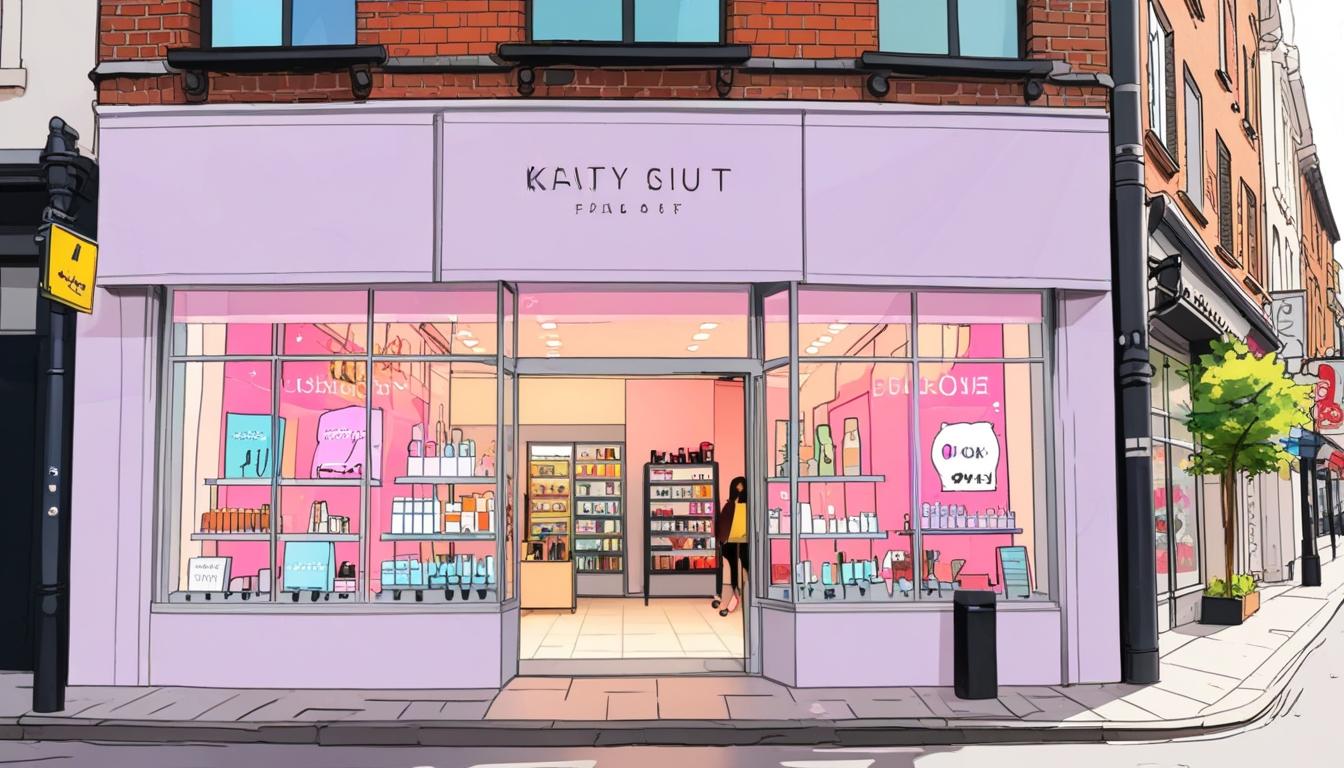K-Beauty Takes Over UK High Streets: A Trend Fuelled by Social Media
Korean beauty, or K-beauty, is making a bold transition from the digital realm to physical retail spaces across the UK, spurred on by the captivating influence of social media. Popular ingredients—often described in whimsical terms such as "snail slime" or "salmon sperm"—have captured the curiosity of British consumers, melding the realms of skincare and viral marketing.
This growing trend is evidenced not only by an influx of K-beauty brands but also by the rapid expansion of retailers eager to capitalise on the TikTok and Instagram phenomena driving consumer interest. Previously encountered primarily through niche online platforms, products such as Cosrx’s skin essence and Anua’s face serum are now available at well-known high-street chains like Superdrug and Boots. These retailers are now actively promoting K-beauty lines, fuelled by a significant uptick in consumer demand.
As Georgia Stafford of Mintel insights, “Social media is the driving force behind K-beauty’s popularity in the UK, where 34% of users have bought a beauty or grooming product after seeing it on social media, rising to 58% of Gen Z users.” This demographic, particularly attuned to the aesthetics of the so-called “glass skin” look—characterised by a dewy, intensely hydrated complexion—shows a pronounced inclination towards K-beauty products. With 21% of Gen Z individuals purchasing these products versus only 8% of the overall population, this segment is setting a strong narrative in consumer preferences.
The financial landscape appears optimistic as well, with data indicating total spending on pharmacy, health, and beauty products was 10.2% higher in early 2024 than in the same period the previous year, according to Barclays. Stores like Boots have even reported selling a Korean skincare product every 15 seconds during the peak of winter, reflecting an impressive level of consumer engagement.
Part of the allure of K-beauty is its affordability; Stafford notes that K-beauty products generally offer consumers a chance to explore new textures and formulations at a lower price point than many established premium brands. Notably, ingredients like PDRN—which supposedly promotes collagen production—have intrigued consumers not only for their functional benefits but also for the conversations they spark about unconventional sources.
The physical presence of K-beauty is expanding as well, with the launch of retail outlets such as Moida's in London's Westfield shopping centre. Moida’s vibrant, inviting store design mirrors the appeal of K-beauty, emphasising accessibility and community. The shop’s close proximity to cultural hubs contributes to its allure; locations that already feature Korean grocery stores and dining options offer a comforting familiarity for shoppers drawn to these products. Savills' Matt Peters acknowledges this strategy as beneficial for retailers, stating, “These retailers see this as a long-term movement; this isn’t a flash in the pan.”
The phenomenon of K-beauty is further powered by the growing fascination with the broader spectrum of South Korean cultural exports. Known colloquially as the Korean wave or “hallyu,” the influence of K-dramas, music, and cuisine has set the stage for a robust demand in skincare products. Forecasts predict that K-beauty will soar to an $18.3 billion global market by 2030, with an impressive annual growth rate of 9%.
As retailers respond with ambitious expansion plans, the likes of Korean brands such as PureSeoul and Skin Cupid are cementing their foothold in the UK. The latter successfully transitioned from a temporary pop-up to securing a decade-long lease in central London, underscoring the growing permanence of K-beauty’s influence in the retail landscape.
With consumers increasingly prioritising self-care and wellness among their spending habits, K-beauty retailers are poised to explore markets beyond London as their loyal online customer bases dictate new physical locations. This movement signals not only an evolving beauty landscape but also a cultural exchange that transcends traditional market boundaries.
K-beauty is no fleeting trend; it has firmly established itself within the cultural and commercial consciousness of the UK. As shoppers eagerly explore the enticing world of innovative ingredients and skincare rituals, it appears that the future of K-beauty is bright—and distinctly within reach.
Reference Map:
- Paragraph 1 – [1], [3]
- Paragraph 2 – [1], [2]
- Paragraph 3 – [1], [2]
- Paragraph 4 – [1], [6]
- Paragraph 5 – [1], [4]
- Paragraph 6 – [1], [5]
- Paragraph 7 – [1], [2]
- Paragraph 8 – [1], [6]
Source: Noah Wire Services
